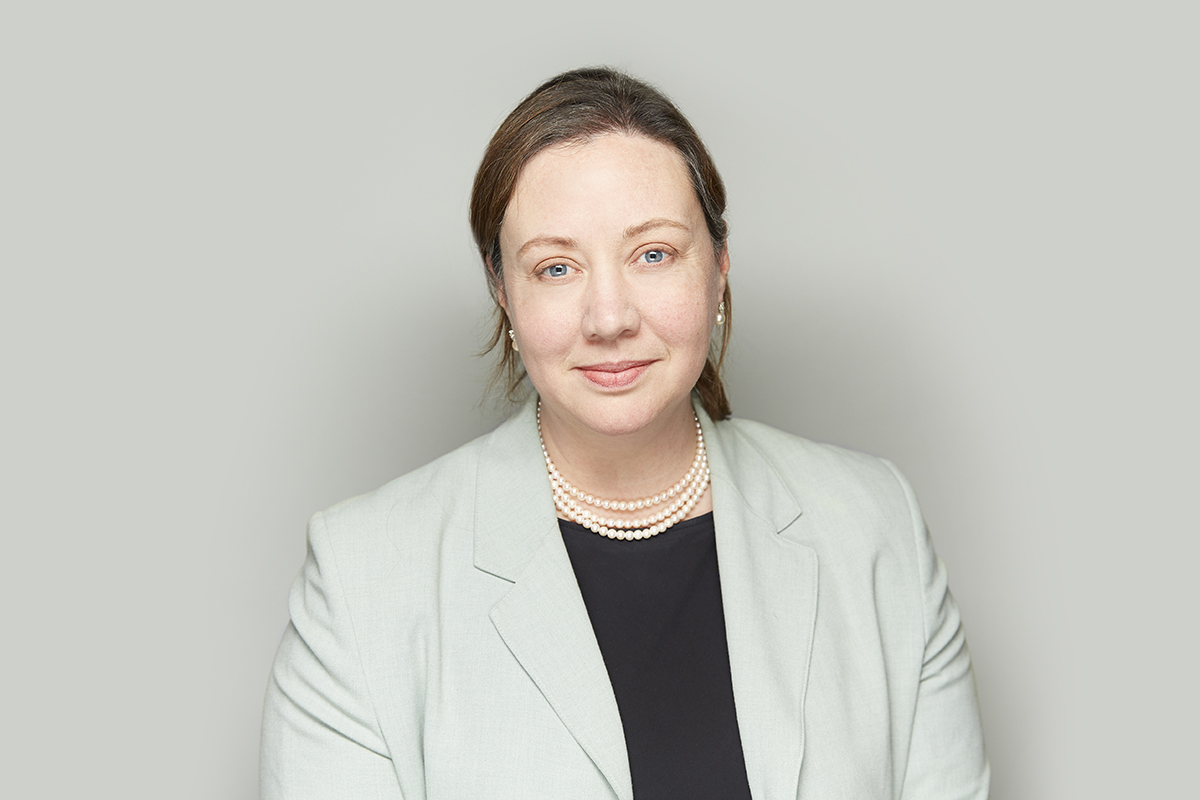Bridging the wealth gap in giving – encouraging HNWIs to increase charitable contributions
Written by
The need for philanthropy in the UK has never been greater.
Charities and the voluntary sector are significant contributors to delivering public services, fundraising for critical causes and informing policymaking, however recent evidence suggests that the sector has been waning over the past decade. The 2024 Charities Aid Foundation (“CAF”) World Giving Index paints a concerning picture, with the UK falling to 22nd place in their latest ranking, a significant drop from its top 10 position pre-COVID-19. The challenge is further underscored by the Chancellor’s recent comments regarding the £22 billion ‘black hole’ in public finances, with such pressure greatly impacting the philanthropic sector.
Two reports published in August 2024 by Pro Bono Economics and Remember a Charity[1] have drawn attention to the untapped potential for high-net-worth individuals (“HNWIs”) to increase their charitable contributions, pointing to financial and wealth advisers as crucial players in encouraging philanthropic engagement. Outside of solicitors and specialist philanthropic advisers, the reports found that few private wealth advisers initiate or explore conversations with clients around giving and legacy. The research suggests that HNWIs donate far more generously when well supported in their decision-making, showing that there is a significant opportunity for the community of advisers to be engaging in such discussions.
For HNWIs, philanthropy encompasses far more than financial donations. It can take the form of donating time, establishing a donor-advised fund, setting up a charitable foundation and/or making social/impact investments. Some choose to make significant contributions through their Wills, while others prefer to give during their lifetime to experience the immediate benefits of their charitable efforts. Individual philanthropy can expand into family philanthropy, as a mechanism to create a legacy of giving, often woven into discussions of succession, inheritance, family business and wealth transfer.
Wealth advisers play a critical role in structuring philanthropic plans to reflect clients’ goals, whether these involve lifetime contributions, mentoring/volunteering, creating a legacy or a combination of these approaches. Advisers can support their clients to view philanthropy as part of their estate and wealth management rather than something separate. For example, by flagging the specific tax reliefs for charitable donations, including a reduced inheritance tax rate of 36% if a client leaves 10% or more of their estate to charity. These incentives not only help clients achieve their philanthropic aims but also provide financial benefits to their heirs, reducing their overall tax liabilities.
It is often said that the UK’s approach to philanthropy lags behind jurisdictions such as the US, where giving is already a key component of wealth advice and financial structuring. Some experts have suggested that the UK could benefit from following the US model, however CAF has argued that the UK’s philanthropic culture should focus on its own rich traditions of charitable giving, rather than attempting to replicate a model which is driven by different tax structures and incentives.
Many HNWIs are motivated to contribute to good causes, but lack the advice and guidance needed to do so effectively, or even to start. By encouraging private wealth advisers to embed philanthropic advice into their services, these barriers should breakdown over time. The hope is that, as the network and knowledge of advisers grows, philanthropy will become a more prominent part of wealth and estate planning generally (and not only for HNWIs) and lead to increased levels of giving over time.
The role of philanthropic giving as part of wealth transfers and estate planning is growing in importance. For many HNWIs and their families, discussions around philanthropy are naturally linked to questions of legacy and inheritance. Advisers can help clients structure their charitable efforts to reflect the time and involvement they wish to dedicate, and whether they want to focus on personal giving or establish family-driven philanthropy. Private wealth advisers are well positioned to discuss philanthropy with HNWIs and should take this opportunity where possible. Not only will such discussions help grow the UK’s philanthropy sector, it will also provide for deeper and more meaningful relationships with clients and their families.
The regulatory framework and the role of key institutions
The UK’s regulatory framework plays a pivotal role in shaping how both individuals and organisations approach charitable giving. Tax reliefs on charitable donations and inheritance tax reductions for gifts made through Wills have been critical in promoting philanthropy.
CAF has suggested that the UK’s culture of giving could be improved further by way of adopting a ‘National Philanthropy Strategy’. Such a strategy has been successfully implemented in countries including the Republic of Ireland and Australia, where a coordinated, government-backed approach to philanthropy has helped encourage more structured and sustained charitable engagement. A similar strategy could be adopted in the UK to raise awareness of the benefits of philanthropy, increase educational resources for both advisers and donors and lead to greater collaboration between the public and private sectors.
With regards to increasing educational resources for advisers, a report released at the start of the year by non-profit think tank Onward recommends mandatory philanthropy training for financial advisers, to ensure they are equipped to guide their clients through the process of charitable giving and estate planning.
With a coordinated effort between the government, financial institutions, and charitable organisations, the UK could unlock greater levels of giving, creating a more sustainable and impactful culture of philanthropy.
[1] Pro Bono Economics “Mission Give: The potential of better philanthropy advice” (August 2024) Pro Bono Economics “Generous Generation: The business case for financial advisers supportingunder-35s with philanthropy” “Understanding the Role of Wealth Advisers in Growing Legacy Giving” commissioned by Remember a Charity (August 2024).
This article was first published by Philanthropy Impact in November


